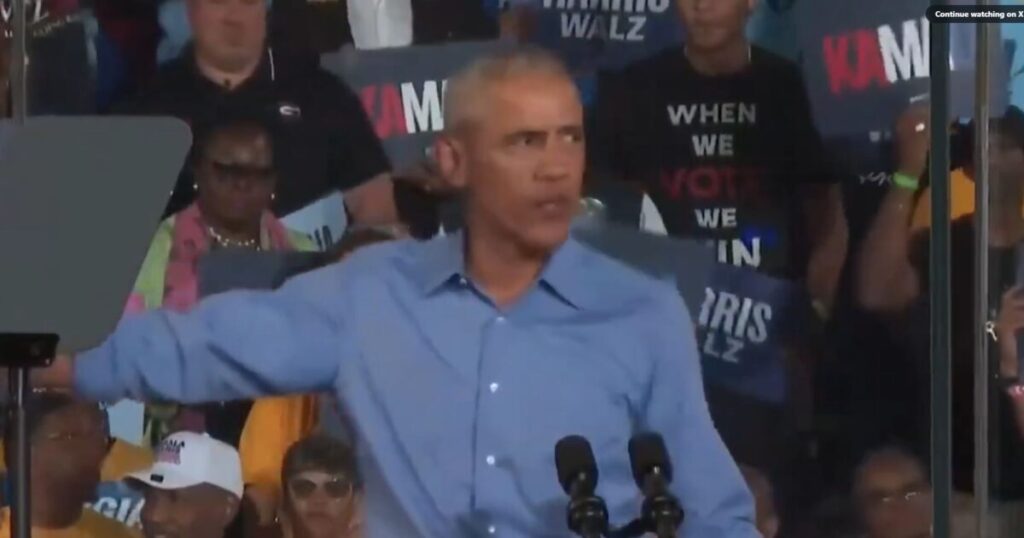Barack Obama has recently emerged in a new political ad released by Trump War Room, which is surprising given his previous dynamic with Donald Trump. Dubbed one of his most candid speeches of the year, the ad showcases Obama’s criticism of certain political methods, indirectly giving a nod to Trump. In this context, the ad becomes a critical commentary on the current political landscape and serves as a strategic move in Trump’s re-election campaign.
The effectiveness of the ad appears to stem from Obama’s well-known charisma and eloquent way of presenting ideas. He articulates concerns about the political climate in a manner that resonates with many voters. His candidness lends credibility to the message and simultaneously serves to solidify Trump’s narrative. Audience reactions suggest that the ad effectively captures a moment of honesty that many find refreshing, especially in a season characterized by political divisiveness and conflicting messages.
Moreover, the ad has sparked discussions on social media, where its reception varies. Supporters of Trump have rallied around the ad, viewing it as an endorsement of sorts, while critics of both Obama and Trump express skepticism. Discontent with the political climate has led many to appreciate any indication of honesty from political figures. This ad, therefore, provides an avenue for dialogue among constituents who may feel disenfranchised in the current political scenario.
The strategic timing of the ad—released just before the election—serves to heighten its impact. As voters prepare to head to the polls, the insight offered by a respected former president can sway undecided voters or reinforce existing convictions. The ad is not without its critiques, as some argue that it misuses Obama’s legacy to bolster Trump’s campaign narrative. This reflects ongoing tensions and divisions within the electorate, as truths become twisted to meet political objectives.
In the larger context, Obama’s appearance in a Trump-supporting ad raises questions about the state of bipartisan respect and cooperation in American politics. While the situation may seem paradoxical, it emphasizes the complexities of political alignment and how figures like Obama can inadvertently provide fuel for opposing parties. This phenomenon reflects both the contentiousness of current politics and the ways in which leaders navigate their legacies in light of their successors.
Ultimately, Obama’s role in this ad underscores the evolving nature of political endorsements and the sometimes blurred lines between support and criticism. The ad’s release signals Trump’s recognition of the importance of using reputable voices to articulate political messages, appealing to a wider audience. While the ad has garnered differing opinions, it undeniably stimulates conversation about both candidates and their contrasting visions for the future of the United States.

